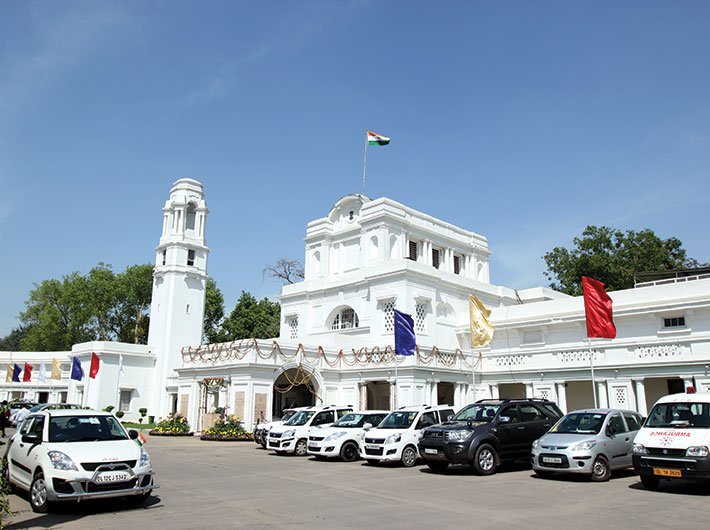The union territories have served their purpose and makes sense to do away with it
India has seven union territories and it is high time that these are reorganised and merged with the states so that there is better governance.
The seven current union territories are Andaman and Nicobar Islands, Chandigarh, Dadra and Nagar Haveli, Daman and Diu, Delhi, Lakshadweep and Puducherry. Delhi is the national capital, while Chandigarh is jointly shared as the capital by Punjab and Haryana.
Delhi and Puducherry have been given partial statehood. Infact, the full statehood for Delhi has been the major election plank for the Aam Aadmi Party. Over the past two years, there has been constant friction between Delhi chief minister Arvind Kejriwal and the previous LG Najeeb Jang as well as the current LG Anil Baijal.
Delhi and Puducherry have their own elected legislative assemblies and the executive councils of ministers with partially state-like function.
Read: Dexit dilemma
There will be some obvious larger benefits if the union territories are merged with the state they share the border with. The first is that the centre would not have to govern these union territories, freeing up the union government to tackle more pressing matters. The second point is that these union territories do not enjoy heft as they are too small. Third, there is no good reason to give special privileges to a comparatively small section of people. All must be treated equally.
The peculiarities of the union territories throws up some challenges when it comes to governance. The DANICS cadre of officers are meant for Delhi as well as Andaman Nicobar Islands. There is absolutely no connection whatsoever between Delhi and the Andamans so it is obvious that an experience in one place would not help in the other place. This must be brought to an end.
The same with IAS AGMUT cadre. The officials in this cadre are posted in Arunachal Pradesh, Goa, Mizoram and union territories. There is no way this provides any useful administrative experience. All the states and the union territories are spread across the country and the officials will not be able to learn the finer nuances before he or she is put into another completely different environment.
There are other typical issues. The liquor is cheap in Puducherry and many from Tamil Nadu head to the union territory to get a drink. Ditto with Dadra and Nagar haveli, where many from dry Gujarat head for a drink. All that will end if the union territories are merged into the larger state.
The existing structure of the states of the Indian Union is partly the result of accident and the circumstances attending the: growth of the British power in India and partly a by-product of the historic process of the integration of former Indian states. The division of India during the British period into British provinces and Indian states was itself fortuitous. It was a mere accident that, as a result of the abandonment, after the upheaval of 1857, of the objective of extending the British dominion by absorbing princely territories, the surviving states escaped annexation.
Read: Delhi full statehood: Fiscally arguable, politically impossible
According to report of the states reorganisation commission, 1955, the territories are the units or areas which have not been dealt with so far will be directly administered by the centre and will be known as territories.
1. Delhi.—Delhi should be constituted into such a centrally-administered territory; the question of creating a municipal Corporation: - with substantial powers should be considered. (Delhi’s status is unresolved till date)
2. Manipur.—Manipur should be a centrally-administered territory for the time being. The ultimate merger of this State in Assam should be kept in view. (Manipur became a state in 1972)
3. Andaman and Nicobar Islands.—The status quo in the Andaman and Nicobar Islands should continue. (Its status remains unchanged).
“The arrangements in regard to areas which have been or may be brought under Central administration in future, either before or after becoming de jure part of the territory of India, must be flexible until the position is finally clarified,” the commission added.
Over six decades have passed since the states reorganisation commission had given its report and referred to the union territories. It would be in the fitness of things to do away with the union territories.
Read: Report of the states reorganization commission 1955

